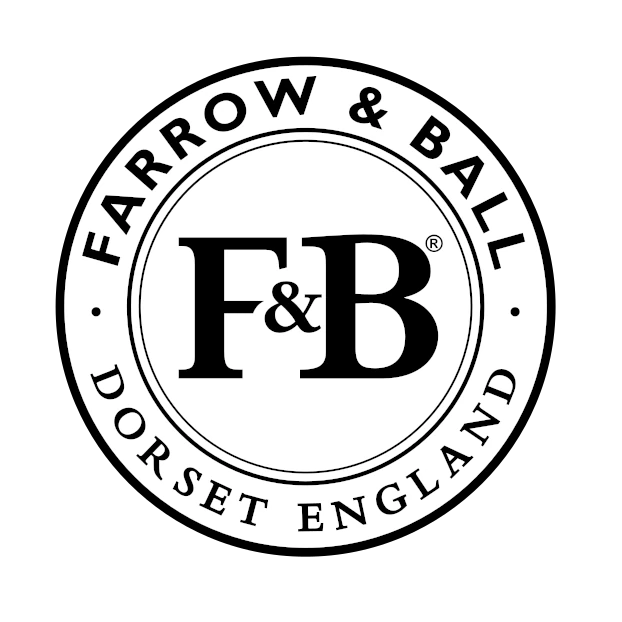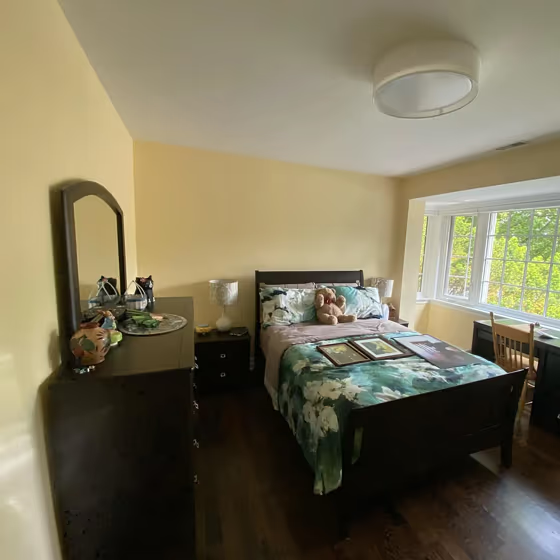Benjamin Moore Buttermilk 919
Contentsshow +hide -
| Official page: | Buttermilk 919 |
| Code: | 919 |
| Name: | Buttermilk |
| Brand: | Benjamin Moore |
What color is Benjamin Moore Buttermilk?
Introducing Benjamin Moore 919 Buttermilk, a warm and inviting hue reminiscent of creamy butter under a soft morning light. This versatile neutral shade brings a sense of tranquility and comfort to any space, making it the perfect choice for walls or furniture. Pair Buttermilk with accents of deep navy (Hale Navy HC-154) for a sophisticated look, or add touches of soft sage (Windham Cream HC-6) for a harmonious and calming ambiance. Whether used in a cozy living room or a serene bedroom, Benjamin Moore 919 Buttermilk adds a touch of timeless elegance to your interior design.
LRV of Buttermilk
Buttermilk has an LRV of 79.69% and refers to Off‑White colors that reflect a lot of light. Why LRV is important?

Light Reflectance Value measures the amount of visible and usable light that reflects from a painted surface.
Simply put, the higher the LRV of a paint color, the brighter the room you will get.
The scale goes from 0% (absolute black, absorbing all light) to 100% (pure white, reflecting all light).
Act like a pro: When choosing paint with an LRV of 79.69%, pay attention to your bulbs' brightness. Light brightness is measured in lumens. The lower the paint's LRV, the higher lumen level you need. Every square foot of room needs at least 40 lumens. That means for a 200 ft2 living room you'll need about 8000 lumens of light – e.g., eight 1000 lm bulbs.
Color codes
We have collected almost every possible color code you could ever need.
| Format | Code |
|---|---|
| HEX | #F3EAD0 |
| RGB Decimal | 243, 234, 208 |
| RGB Percent | 95.29%, 91.76%, 81.57% |
| HSV | Hue: 45° Saturation: 14.4% Value: 95.29% |
| HSL | hsl(45, 59, 88) |
| CMYK | Cyan: 0.0 Magenta: 3.7 Yellow: 14.4 Key: 4.71 |
| YIQ | Y: 233.727 I: 13.718 Q: -6.187 |
| XYZ | X: 77.768 Y: 82.456 Z: 71.476 |
| CIE Lab | L:92.776 a:-1.206 b:13.725 |
| CIE Luv | L:92.776 u:6.76 v:20.508 |
| Decimal | 15985360 |
| Hunter Lab | 90.805, -6.036, 16.894 |





